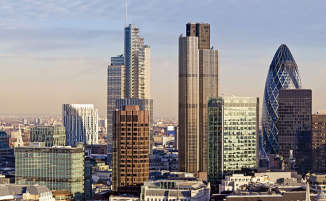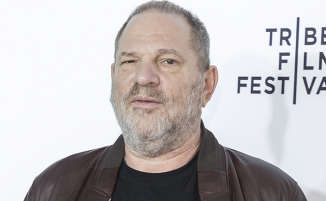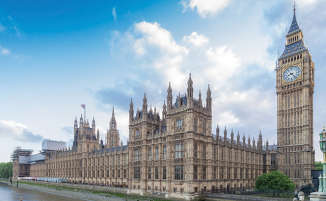Evidence before the Women and Equalities Committee last week (28 March) paints a worrying picture of ethics in the legal profession. And by ethics I do not mean some whispy, academic notion of doing the right thing. I mean professional ethics: understanding the Code of Conduct, and the law that governs lawyer behaviour. It was a lesson crystallised at the hearing by that well known purveyor of fey, leftist nostrums, Philip Davies MP. He distilled for the lawyers ranged before him a central question: why is it lawyers are very clear about their obligations to act in their clients best interests but so unclear about their other obligations?
Because though Allen & Overy (A&O) partner Mark Mansell did a decent job of balancing the need to engage with the new-fangled idea that all was not well with non-disclosure agreements (NDAs) without breaching that holy of holies, client confidences, he still dug himself a few holes in front of the assembled MPs. The veteran employment lawyer did so by talking in the abstract about an imagined, 20-year-old agreement that was negotiated over 24-hours-plus, with one 12-hour ‘all-nighter’ session, which prohibited one party from having a copy, which contained clauses designed to inhibit and limit disclosures to the police, medical practitioners, and others. Mansell said such an agreement could be described as unusual, or very unusual, or very, very unusual. But he wasn’t able to tell us, he said, about this agreement. Continue reading “Guest comment: NDAs and the profession’s cultural problem revealed before Parliament”














